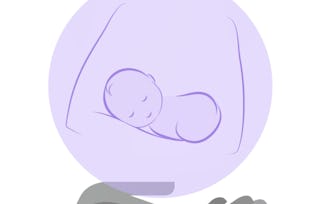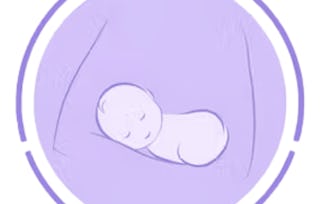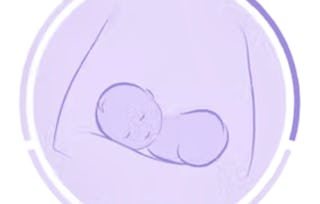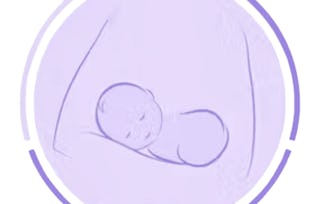In your previous course, you learned some medical interventions and skills to keep newborns healthy in the days and weeks after they have been born. In this course, you will learn what some additional skills that medical providers do to keep babies healthy. The Newborn Assessment Course will walk you through the physical examination from head to toe. You are going to learn that this is so much we can discover just by looking at a baby. And yes, we will be listening too, and discussing how medical equipment, such as a stethoscope or a pulse oximeter, can help in your exam. You will begin to be able to distinguish some normal findings from some abnormal findings.

The Newborn Assessment
Seize the savings! Get 40% off 3 months of Coursera Plus and full access to thousands of courses.

The Newborn Assessment
This course is part of Newborn Baby Care Specialization



Instructors: Christine Gold
12,103 already enrolled
Included with
294 reviews
Details to know

Add to your LinkedIn profile
7 assignments
See how employees at top companies are mastering in-demand skills

Build your subject-matter expertise
- Learn new concepts from industry experts
- Gain a foundational understanding of a subject or tool
- Develop job-relevant skills with hands-on projects
- Earn a shareable career certificate

There are 5 modules in this course
Earn a career certificate
Add this credential to your LinkedIn profile, resume, or CV. Share it on social media and in your performance review.
Instructors


Offered by
Explore more from Public Health
 Status: Free Trial
Status: Free TrialUniversity of Colorado System
 Status: Free Trial
Status: Free TrialUniversity of Colorado System
 Status: Free Trial
Status: Free TrialUniversity of Colorado System
 Status: Free Trial
Status: Free TrialUniversity of Colorado System
Why people choose Coursera for their career

Felipe M.

Jennifer J.

Larry W.

Chaitanya A.
Learner reviews
- 5 stars
88.47%
- 4 stars
10.50%
- 3 stars
1.01%
- 2 stars
0%
- 1 star
0%
Showing 3 of 294
Reviewed on Jun 23, 2020
V. Good Course with v.excellent content. I refreshed as well as updated with the subject. All the best for the co-ordinators.
Reviewed on Oct 15, 2021
i have learnt so much in a very short time while taking this course,knowledge is power and im so glad i had the opportunity to acquire this knowledge
Reviewed on Feb 14, 2023
I hope there can be more in-video questions to help me take notes. Some in-video questions appear before the content delivery which requires me to just guess. Some answers are wrong as well.

Open new doors with Coursera Plus
Unlimited access to 10,000+ world-class courses, hands-on projects, and job-ready certificate programs - all included in your subscription
Advance your career with an online degree
Earn a degree from world-class universities - 100% online
Join over 3,400 global companies that choose Coursera for Business
Upskill your employees to excel in the digital economy

